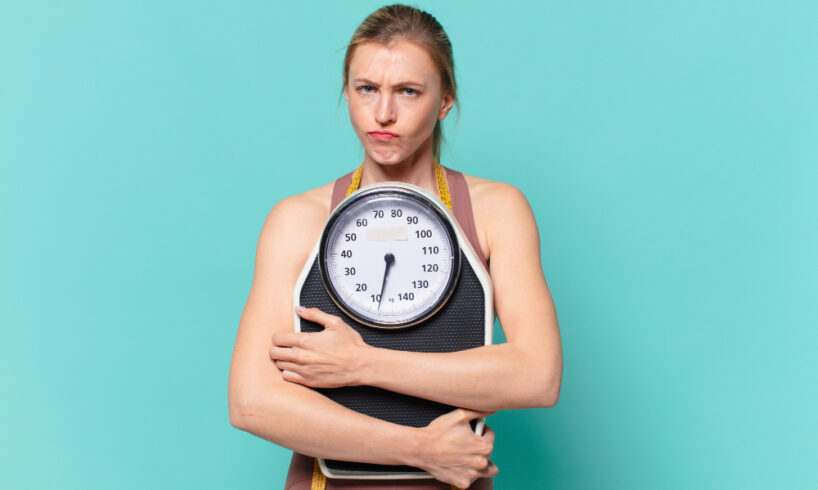
The quest for rapid weight loss often leads people to explore various diets, hoping to find one that offers effective and quick results. The key to rapid weight loss isn’t adhering to a single diet plan but rather finding a balanced, nutritious, and sustainable eating plan that suits your individual needs.
The Primary Benefit of the Right Diet
The primary benefit of choosing the right diet for rapid weight loss is that it aids in achieving your weight loss goals without compromising your health. A good diet plan should be nutrient-rich, lower in calories, and designed to encourage long-term adherence.
Key Components of a Rapid Weight Loss Diet
While there are countless diets available, the ones most associated with rapid weight loss have a few elements in common.
Lower Caloric Intake
Most weight loss diets recommend reducing your daily caloric intake. Consuming fewer calories than you burn creates a calorie deficit, leading to weight loss.
High Protein and Fiber Content
Diets high in protein and fiber are often associated with weight loss. Protein increases feelings of fullness and helps maintain muscle mass during weight loss, while fiber slows digestion, helping to keep you feeling full longer.
Reduced Processed Foods
Processed foods often contain high amounts of added sugars, unhealthy fats, and empty calories. Most successful weight loss diets recommend limiting these foods.
Hydration
Staying hydrated is a key component of any diet plan. It aids in digestion, keeps the body functioning properly, and can help control hunger.
Considerations for Specific Groups
While most people can safely follow a weight loss diet, some special considerations should be made for specific groups.
Pregnant and Nursing Women
Pregnant and nursing women should avoid restrictive diets, as they can deprive the baby of necessary nutrients. Instead, they should focus on a balanced diet rich in lean proteins, whole grains, fruits, and vegetables.
People with Medical Conditions
People with certain medical conditions, such as diabetes or heart disease, should consult their healthcare provider before starting any weight loss diet.
Practical Advice for Implementing a Rapid Weight Loss Diet
Starting a new diet can be challenging. Here are some practical tips to help you successfully implement a rapid weight-loss diet.
Consult a Healthcare Professional
Before starting any diet, it’s advisable to consult with a healthcare professional. They can provide guidance on the appropriate diet plan based on your current health status and weight loss goals.
Gradual Changes
Rather than making drastic changes all at once, start by making small changes to your diet. It could be as simple as reducing portion sizes or swapping high-calorie foods for healthier alternatives.
Physical Activity
While diet plays a significant role in weight loss, physical activity is also crucial. Incorporate regular physical activity into your routine to boost your weight loss efforts.
Monitor Your Progress
Monitor your progress regularly. This can help you identify what’s working and what isn’t and make necessary adjustments to your diet plan.
Remember, the best diet for rapid weight loss is not just about quick results. It’s about finding a sustainable, healthy eating pattern that you can maintain in the long run. With the right approach, you can achieve your weight loss goals while improving your overall health.





